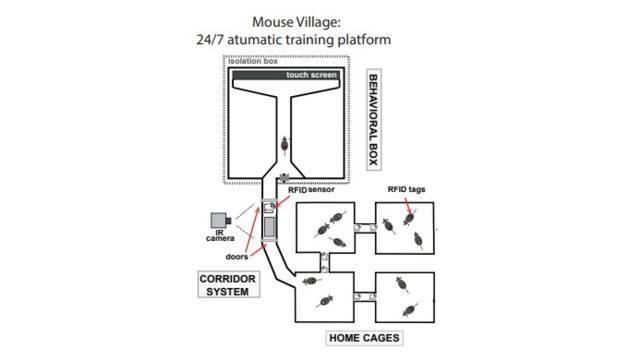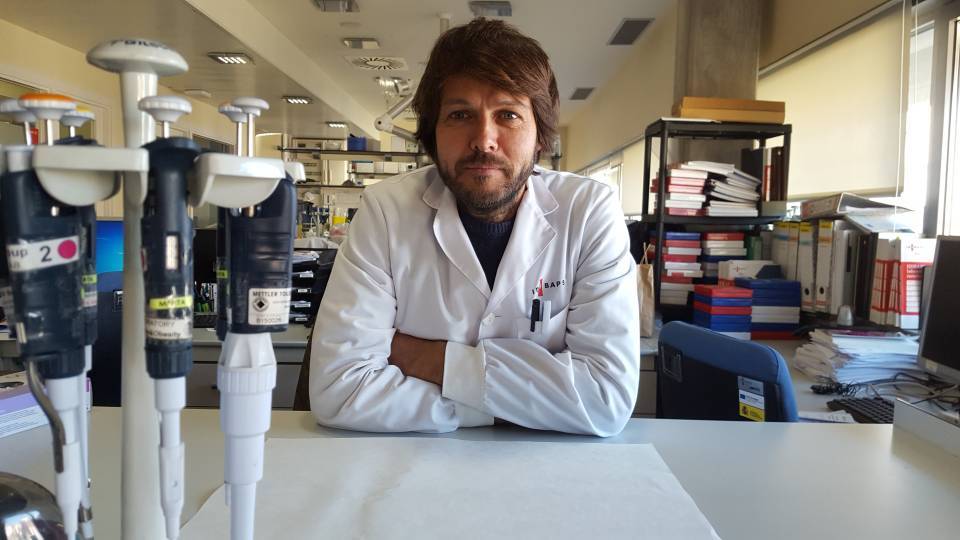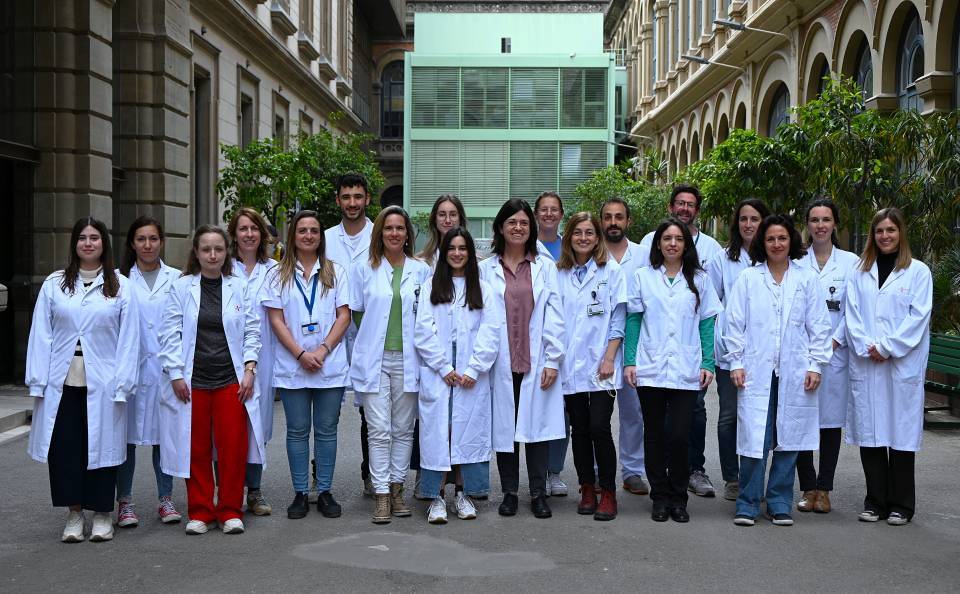Whether we are choosing something trivial like a TV series or making an important life decision – gathering and evaluating information is a central part of our thinking. But what happens when this process gets out of balance? Some people tend to act rashly and take too little information into account. Others, in contrast, gather endless amounts of data but never manage to reach a decision.
Decision-making distortions in schizophrenia and OCD
These difficulties can become dramatically worse in mental illnesses such as schizophrenia and OCD. People with schizophrenia often make hasty decisions and place excessive trust in them – a phenomenon known as ‘jumping to conclusions’ (JTC), which is linked to the development of delusions. In contrast, the opposite occurs in OCD: those affected are plagued by constant doubt and may spend hours gathering information about even the simplest matters, severely disrupting their daily lives.
Existing therapies fall short
Although these distortions in thinking have a major impact on patients’ lives, they are hardly ever targeted directly in treatment, and the underlying neural mechanisms in the brain remain largely unexplained. The standard therapies for schizophrenia and OCD usually focus on other symptoms and neglect these specific decision-making issues. The final goal of the project is to decode the neural mechanisms that lead to these distorted thought patterns and to develop new therapies for treating the symptoms using state-of-the-art computational models.
A new research approach
The research project, which will begin in February 2026, is taking a novel approach. Using functional magnetic resonance imaging (fMRI), the researchers plan to collect the largest dataset to date on indecisiveness in OCD and jump to conclusions in schizophrenia. A total of 150 schizophrenia patients and 150 OCD patients will undergo MRI brain scans to identify the neural and computational processes behind these distortions in thinking. A special focus will be placed on the role of neurotransmitter dopamine, which plays a key role in decision-making processes in the brain.
In the Cortical circuit dynamics group at IDIBAPS, with the leadership of Jaime de la Rocha, will investigate the neural mechanisms underlying “indecision” and “rushed” decision-making in mice performing a novel decision-making task that requires information gathering. They will use the Training Village, an automated platform that can train and test mice 24/7 in complex cognitive tasks. They will then record and manipulate dopamine signals in prefrontal cortex and striatum using fiber photometry and optogenetics.





